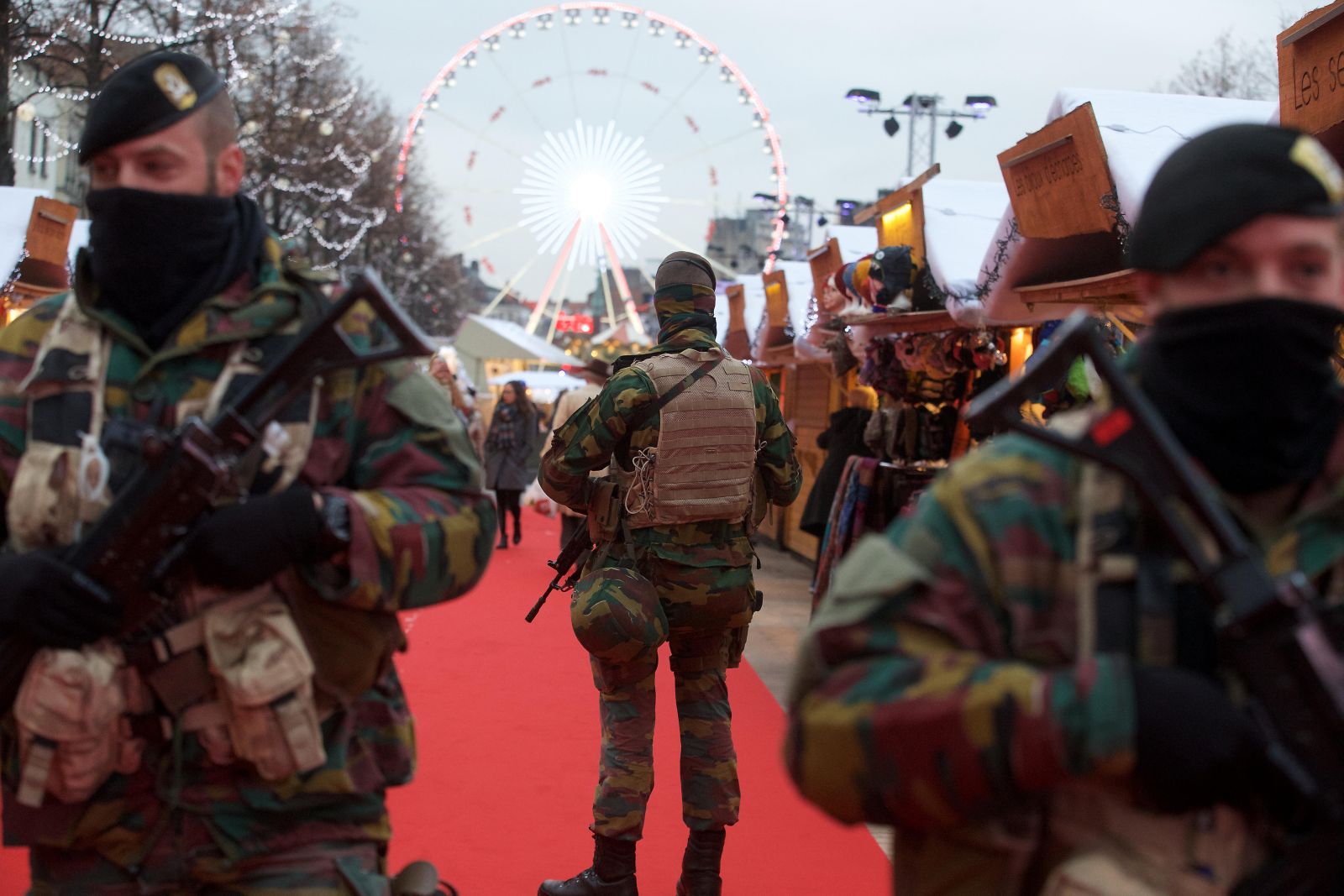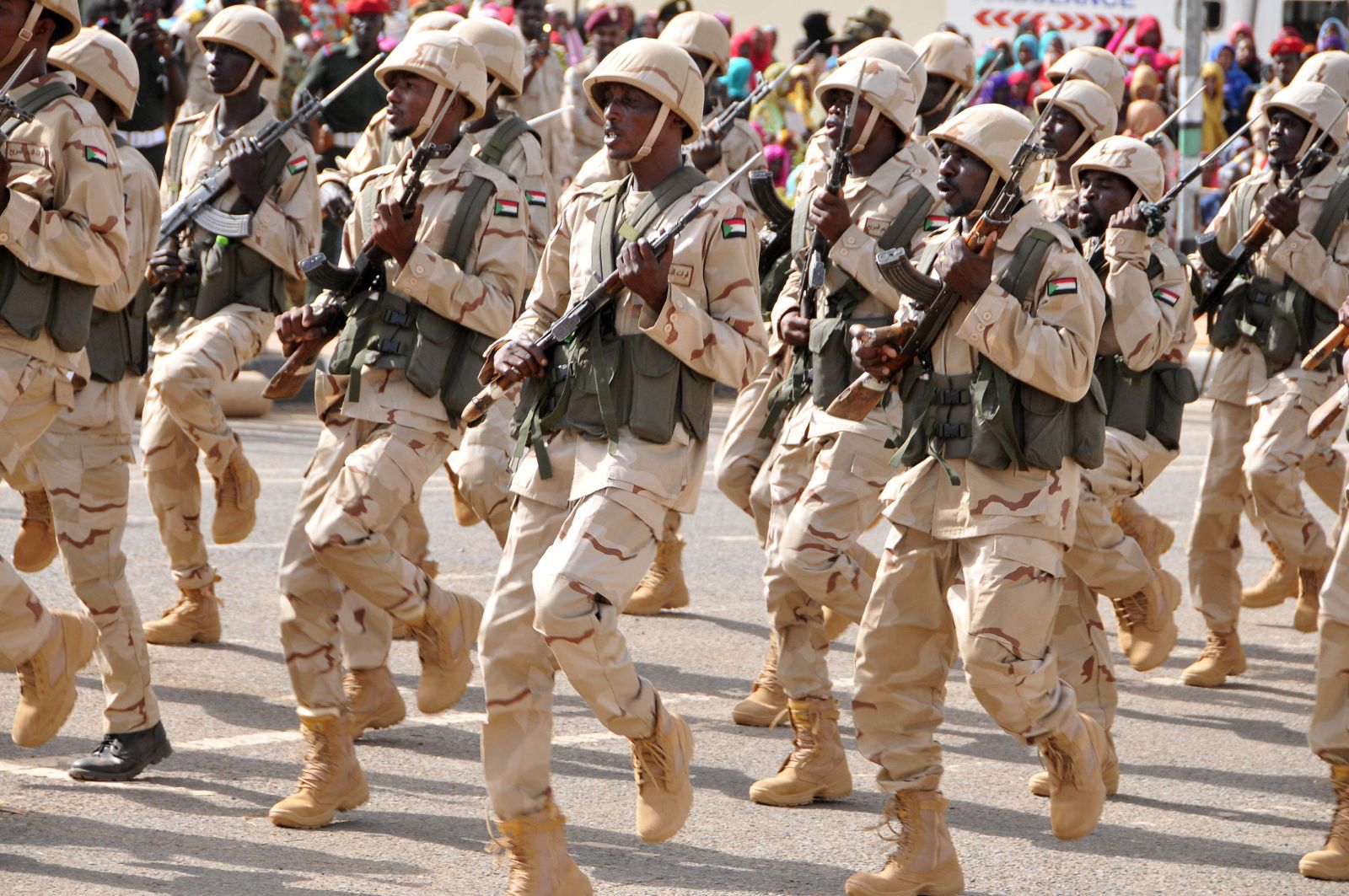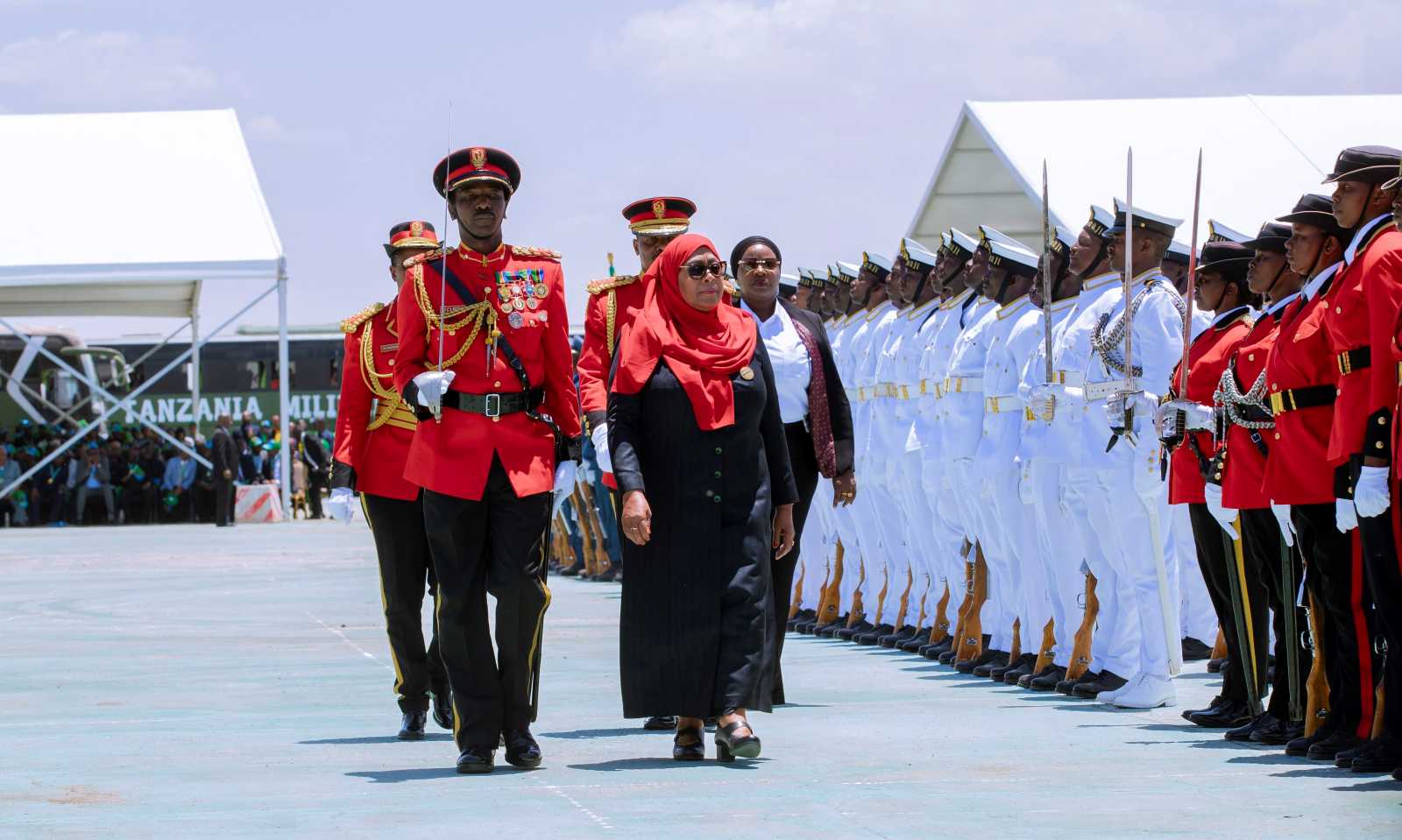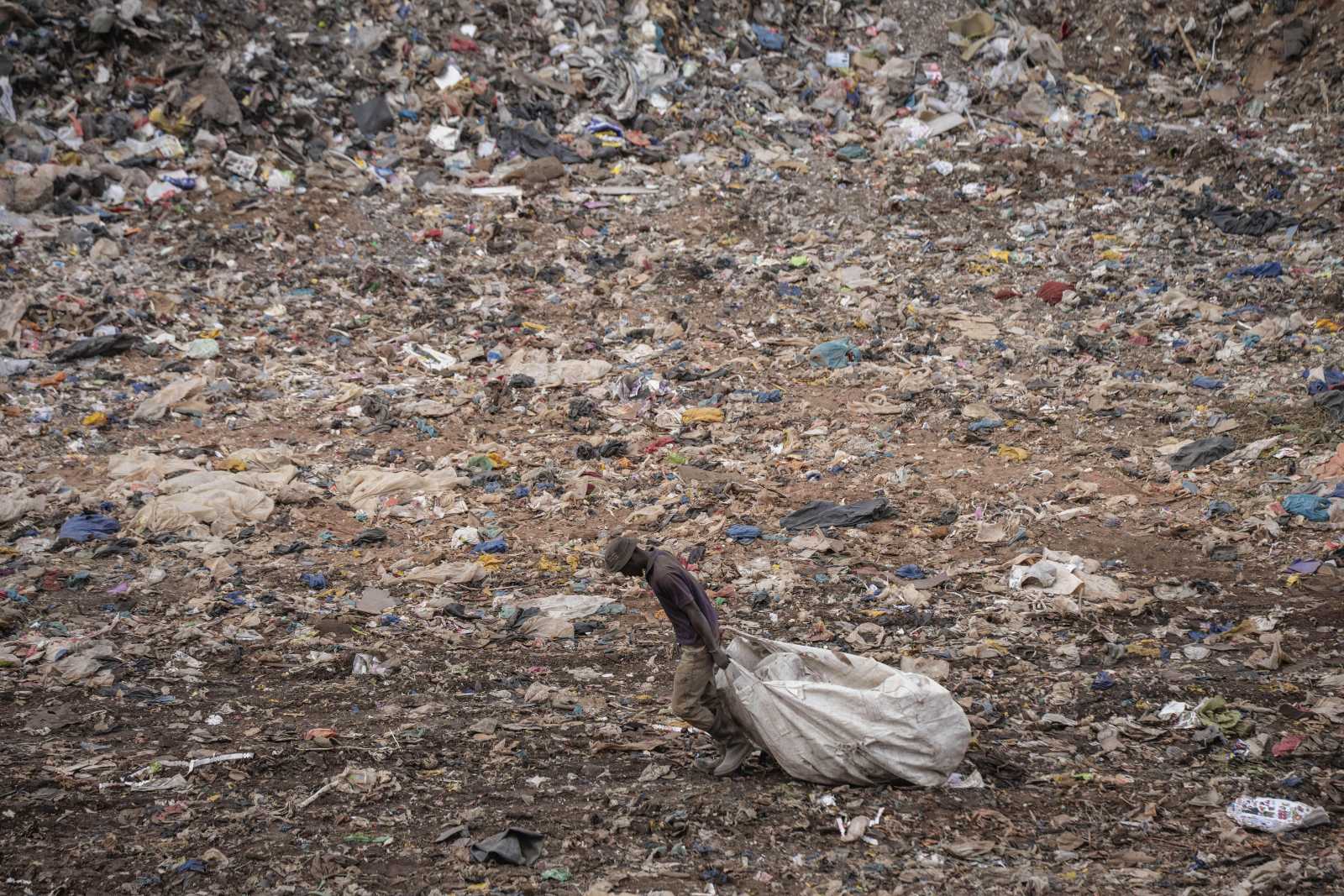Fragile statehood
Disappointment in EU leaders
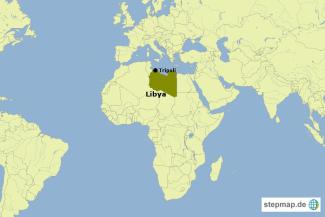
Several EU member countries – especially Britain and France – played leading roles in bringing about the UN Security Council decision to impose a no-fly-zone over Libya in March 2011. The Security Council argued that this measure would stop Muammar al-Gaddafi, the dictator, from cracking down with full military force on the popular uprising against him. Western members of the Security Council endorsed that decision, though Germany abstained together with Russia, China and Brazil.
In view of Gaddafi preparing to repress any kind of opposition brutally, European leaders like President Nicolas Sarkozy of France and Prime Minister David Cameron of Britain insisted the UN had to live up to R2P, its “responsibility to protect” people from harm in civil wars. With a Security Council mandate, NATO then took action. Atypically, the US administration let European partners lead the mission.
Today, Mohamed Khaifah Elakrout, a retired Libyan diplomat, says that “the majority of the Libyan elite accepted the western intervention as they believe that the ousting of the long-standing dictator was impossible without an external intervention”. He adds that they misconceived the consequences of Gaddafi’s overthrow and did not expect extended civil strife.
However, many Libyans now think that the intervention intentionally exceeded its R2P mandate by actively supporting the rebels instead of merely blocking Gaddafi’s air force. They think military action was designed to topple him in the pursuit of foreign interests. Yet others opposed the NATO-led intervention of 2011 right from the start.
There is widespread consensus, however, that the international community in general and western powers in particular failed in terms of R2P. The reason was that, after Gaddafi’s death, their support for a political transition remained inadequate. They let the country slide into civil war.
It is true, of course, that EU members contributed to bringing about the Libyan National Agreement in 2015. However, this agreement neither settled all important questions nor ensured effective implementation.
According to Ahmed Almugassaby, a Libyan journalist, EU members must bear some of the blame. He says that local polarisation in Libya was linked to different EU countries having different priorities. “Contradictory influences led to a flawed agreement in 2015”, he says. Moreover, it has become increasingly clear that Italy and France have different agendas in Libya and form alliances with local players accordingly. In other words, Libyans must suffer because the EU is not united in foreign affairs. As for Libyan politicians, Almugassaby accuses them of not serving the public interest in this context, but opportunistically siding with European partners.

